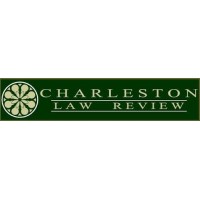
Bradford Tax Institute
The Tax Reduction Letter helps small businesses (including one-owner and spouse-owned proprietorships, S corporations, C corporations, and LLCs) save thousands of dollars on their taxes every year. It’s written in plain English for the small business owner but fully annotated for the tax professional. Every month, we delve into the latest legislative changes, court cases, and IRS news to deliver the most up-to-the-minute tax saving strategies – all 100% legal and supported by applicable law. The Tax Reduction Letter is published by the Bradford Tax Institute, which was founded by W. Murray Bradford in 1991. Bradford is the nation’s pre-eminent tax reduction expert, having found an average of $17,700 in new tax deductions for over 500,000 (and counting!) small businesses and self-employed professionals.






